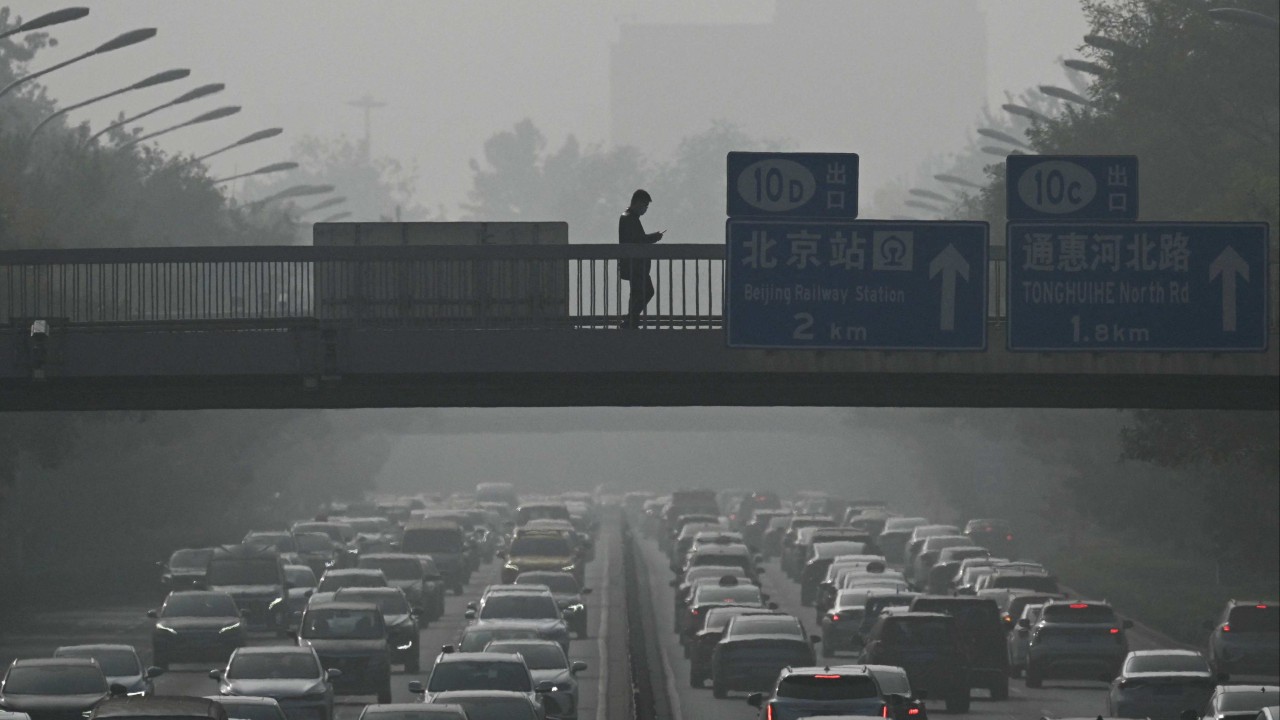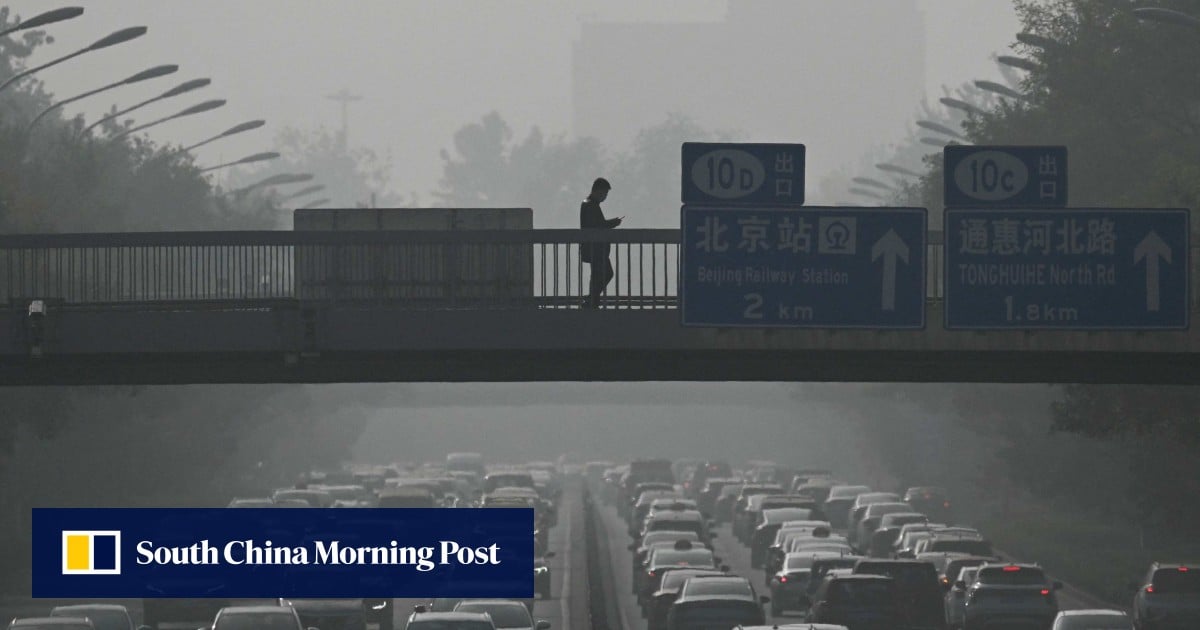
New environmental, social, and governance (ESG) rules that require China’s listed companies to disclose their climate commitments could put pressure to follow suit on the country’s privately held companies, which are so far lagging in declaring targets for greenhouse-gas emissions, according to analysts.
“With the three major stock exchanges now mandating double materiality and emissions information [from listed companies], private firms are obviously looking at the torch that is potentially coming for themselves,” said John Lang, project lead at Net Zero Tracker (NZT), a non-profit that examines net-zero pledges by nations, regions and companies.
The companies must report on the impact their activities have on the environment as well as the risks and impacts of environmental factors on their business, the so-called double materiality. They are also encouraged to disclose the indirect carbon emissions in their value chains, known as scope 3 emissions.
Although aimed at listed companies, the regulations could have a ripple effect on the country’s more than 50 million privately owned firms, prompting them to set up net-zero emissions targets and make decarbonisation plans, Lang said.
“The chances are very high that many private firms in China will be in the supply chains of those public companies, which do have to disclose on their double materiality and emissions,” he said. “And they will demand that private firms disclose their emissions. Otherwise, the public firms can’t have a clear view of what their scope 3 emissions are.”
Climate disclosures: region needs more education, best practices exchange
Climate disclosures: region needs more education, best practices exchange
As a majority of the world’s economies and listed companies are on board to address climate change via their energy-transition and decarbonisation targets, private firms globally are “keeping their heads in the sand”, NZT said.
Only 38 of the world’s 100 largest private firms, have set targets to reach net-zero greenhouse gas emissions, compared with 70 out of 100 of their listed peers, according to an NZT report released on Monday.
The widening gap between the climate targets of the world’s largest private companies and their listed equivalents creates an uneven playing field for companies, investors and policymakers alike, the report said.
Biodiversity set to be part of global sustainability reporting standards
Biodiversity set to be part of global sustainability reporting standards
“If ‘sunlight is the best disinfectant’ for climate inaction, most private firms are operating nocturnally – beyond the glare of the civil scrutiny, investor pressure and disclosure requirements faced by listed companies,” Lang said.
Of the 16 private firms in China listed in the report, four now have a net-zero target, up from only one in 2022, the report found.
“Chinese-based private firms will be watching,” the report said. “Government moves to mandate climate disclosure [are] unlikely to be the only reason behind the uptick of private firms pledging net-zero targets, but it may have contributed.”
One Earth Summit: Hong Kong aims to rapidly align with global disclosure rules
One Earth Summit: Hong Kong aims to rapidly align with global disclosure rules
The update on ESG disclosures introduced by the three major exchanges is a great attempt to endorse double materiality and to align with international standards set by the International Sustainability Standards Board (ISSB), according to Bon Cheung, research analyst of Hong Kong public policy think tank Civic Exchange. ISSB was set up during the COP26 global climate summit in 2021 to consolidate various reporting standards.
However, there is room for improvement in terms of the stringency of disclosure requirements, when compared to other markets, such as Hong Kong, he said.

